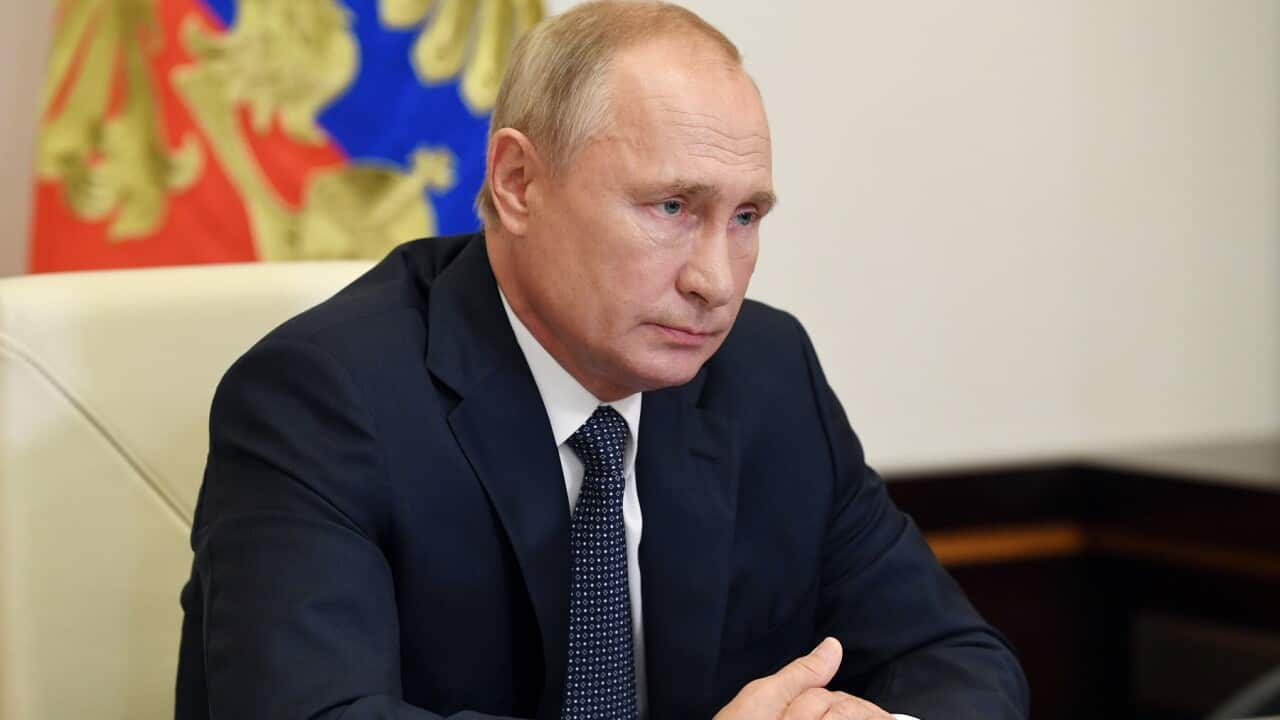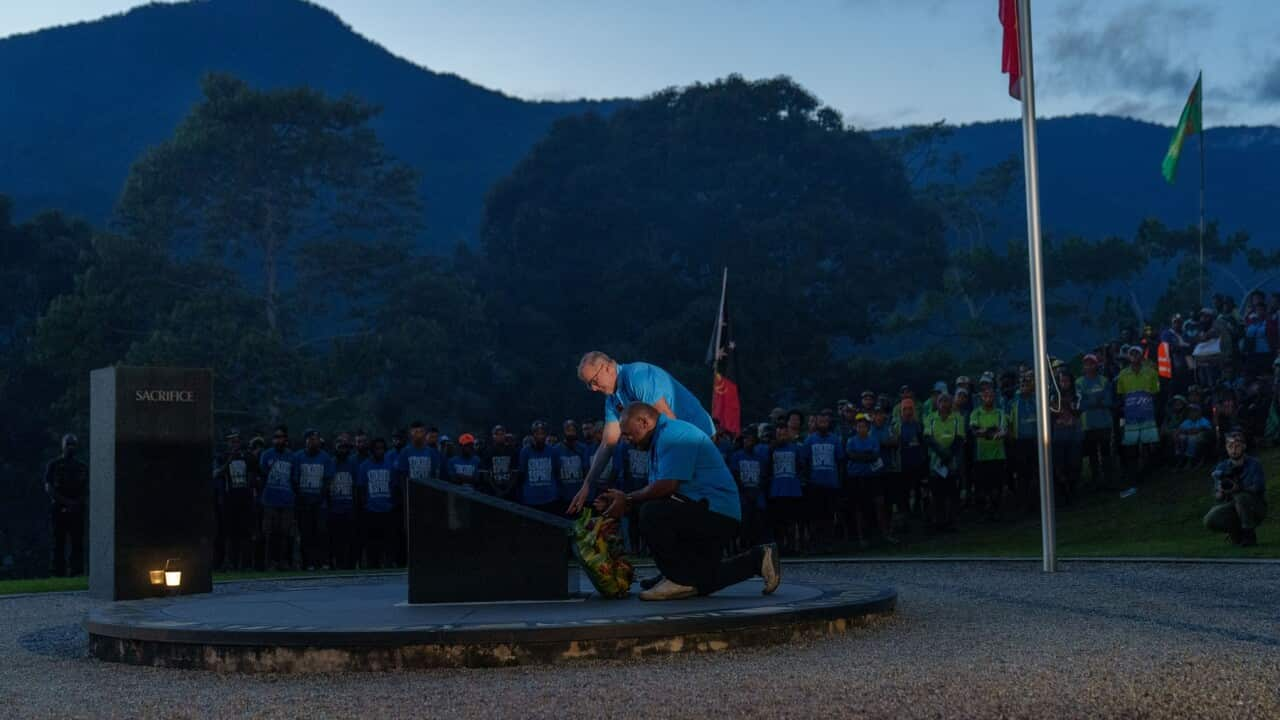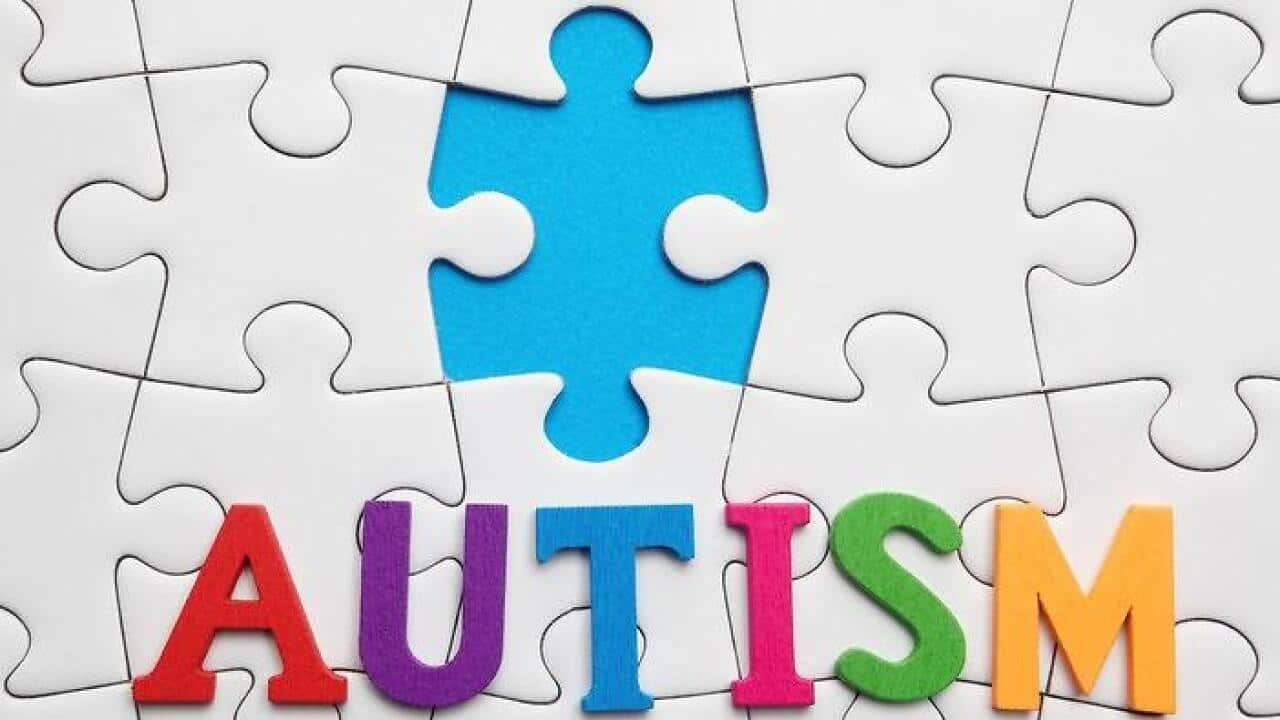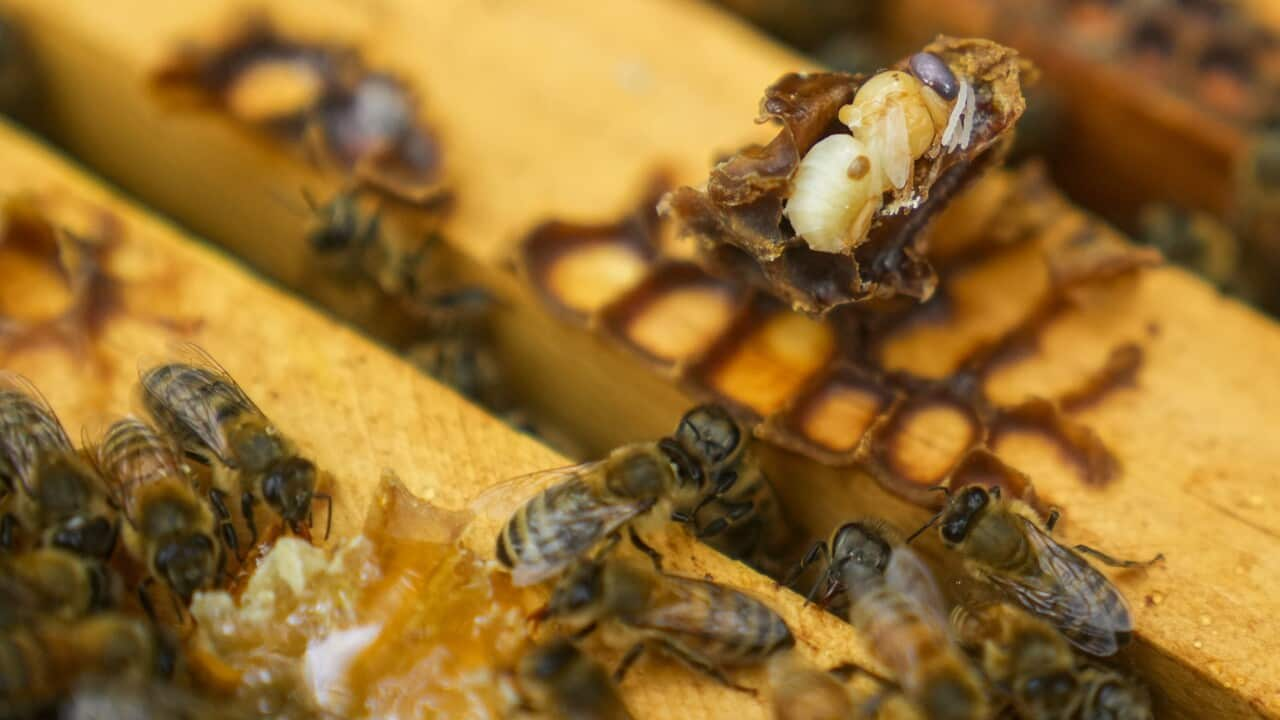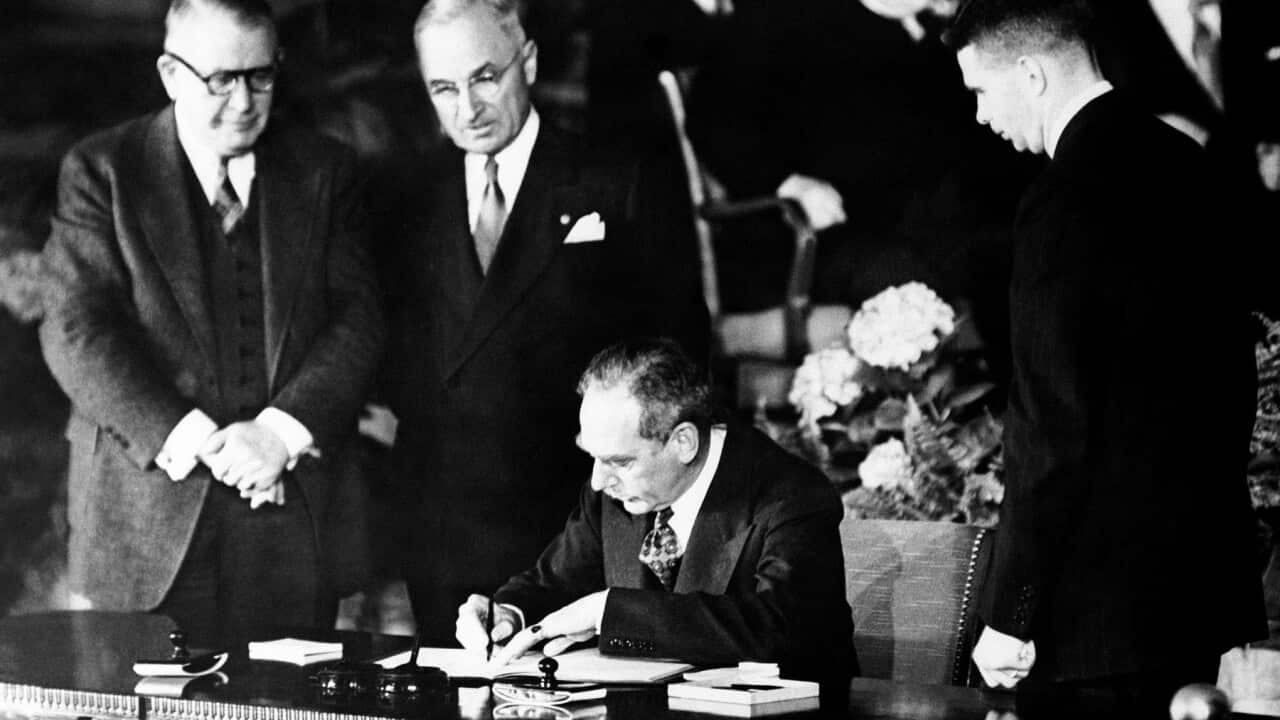Italiano
Lo chiamano "Sputnik V”, un riferimento al primo satellite al mondo.
Il governo russo sta promuovendo lo sviluppo di un vaccino russo al COVID-19 come un'impresa altrettanto prima al mondo.
Vladimir Putin ha elogiato gli scienziati e ha rivelato che una delle sue figlie, a cui raramente si riferisce in pubblico, ha preso parte alla sperimentazione clinica.
"One of my daughters has been vaccinated. In this sense, she has taken part in the experiment. After the first shot of the vaccine she had a temperature of 38 degrees, on the following day it was just over 37 degrees. After the second shot the temperature went up slightly and then it was all over. She's feeling well and has high number of antibodies."
I funzionari russi dicono che hanno in programma di iniziare le vaccinazioni di massa a ottobre e affermano che ci sono state richieste dall’estero per un miliardo di dosi.
Ma l'approvazione del vaccino giunge prima del completamento di quella che è nota come "prova di fase tre": uno studio più ampio che coinvolge migliaia di persone.
E gli esperti temono che il Cremlino metta il prestigio nazionale davanti alla scienza e alla sicurezza.
Danny Altmann è professore di immunologia all'Imperial College di Londra.
Ha detto a SBS News di essere preoccupato per il vaccino Sputnik.
“I can’t say strongly enough that the standards are the standards and no political agenda should override that. This isn’t a device for electoral gains, this isn’t a device for some sort of Sputnik cold war. For the sake of humanity, we’re all in this together, and we all have a collective wish and collective responsibility to have the best possible vaccines. We don’t care which countries they come from, we don’t care how many countries they come from, but we do want them to be safe and effective.”
I ricercatori che hanno sviluppato il vaccino russo non hanno reso noti dati completi sugli studi che hanno condotto e l'Organizzazione mondiale della sanità è stata tenuta all'oscuro.
Tarik Jasarevik è un portavoce dell’ente delle Nazioni Unite.
"Really I can just say that we are in a close contact with the Russian health authorities and discussions are ongoing with respect to possible WHO prequalification of the vaccine, but again prequalification of any vaccine includes the rigorous review and assessment of all required safety and efficacy data."
Ci sono più di 100 vaccini in fase di sviluppo iniziale in tutto il mondo.
Sei sono entrati negli studi clinici di fase tre, coinvolgendo decine di migliaia di partecipanti.
I progressi sono stati rapidi.
Ma anche se uno dei vaccini candidati si dovesse dimostrare efficace, la maggior parte degli esperti ritiene improbabile che sia ampiamente disponibile fino alla metà del 2021 al più presto.
English
They’re calling it ‘Sputnik V’ a reference to the world’s first satellite.
Russia's government is touting the development of a Russian COVID-19 vaccine as a similarly world-beating feat.
Vladimir Putin has praised the scientists behind it and revealed one of his daughters, who he rarely refers to publicly, took part in the clinical trial.
"One of my daughters has been vaccinated. In this sense, she has taken part in the experiment. After the first shot of the vaccine she had a temperature of 38 degrees, on the following day it was just over 37 degrees. After the second shot the temperature went up slightly and then it was all over. She's feeling well and has high number of antibodies."
Russian officials say they plan to start mass vaccinations in October and claim there have been foreign requests for 1 billion doses.
But the vaccine’s approval comes before the completion of what’s known as a ‘phase three trial’: a larger study involving thousands of people.
And experts fear the Kremlin is putting national prestige before science and safety.
Danny Altmann is a professor of Immunology at London’s Imperial College.
He's told SBS News he has concerns about the Sputnik vaccine.
“I can’t say strongly enough that the standards are the standards and no political agenda should override that. This isn’t a device for electoral gains, this isn’t a device for some sort of Sputnik cold war. For the sake of humanity, we’re all in this together, and we all have a collective wish and collective responsibility to have the best possible vaccines. We don’t care which countries they come from, we don’t care how many countries they come from, but we do want them to be safe and effective.”
The researchers behind the Russian vaccine haven’t released comprehensive data the studies they have conducted and the World Health Organisation has been left in the dark.
Tarik Jasarevik is a spokesman for the UN body.
"Really I can just say that we are in a close contact with the Russian health authorities and discussions are ongoing with respect to possible WHO prequalification of the vaccine, but again prequalification of any vaccine includes the rigorous review and assessment of all required safety and efficacy data."
There are more than 100 vaccines in early development around the world.
Six have entered phase three clinical trials, involving tens of thousands of participants.
Progress has been rapid.
But even if one of the candidates is effective, most experts believe it’s unlikely to be widely available until the middle of 2021 at the earliest.
Report by Ben Lewis
